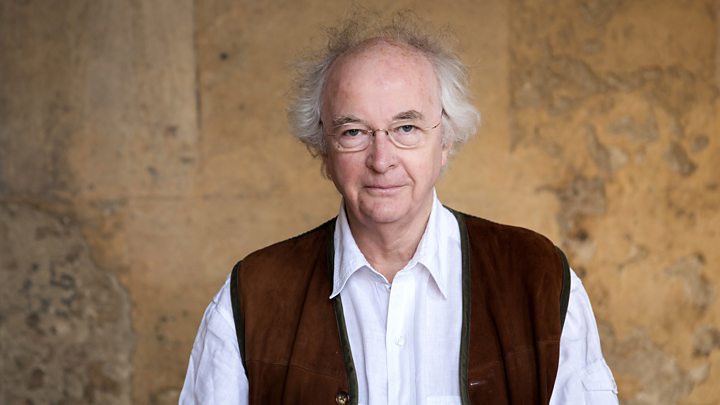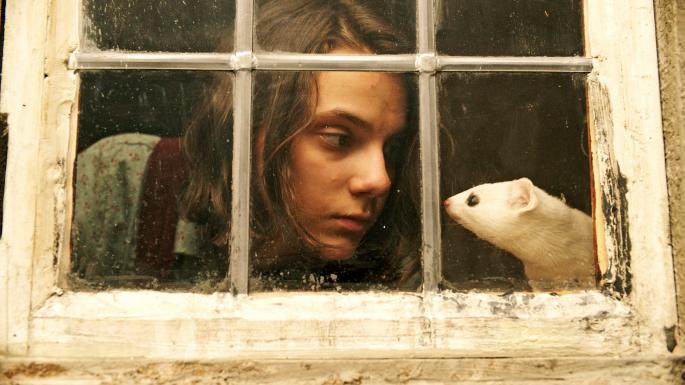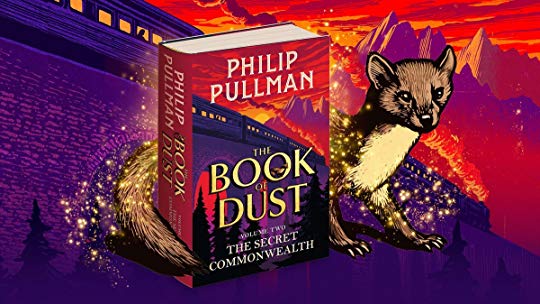You might remember from my intro blog that I wrote my final year dissertation on Philip Pullman’s mind-blowing His Dark Materials trilogy. These books were originally published in the 90s and were discovered and devoured by me in early adolescence. So you can imagine my excitement when Pullman announced he would be stepping boldly back into this universe with a new trilogy, The Book of Dust. The incredible first book, La Belle Sauvage, was published in 2017 and at the start of October this year, we were graced with the second instalment, The Secret Commonwealth.
I was so excited to get finally get my hands on this book. I absolutely loved La Belle Sauvage and I was excited to find out what happened to our beloved Lyra after her adventures in His Dark Materials. This novel is a decidedly different beast than any of Pullman’s previous work. It was the first in either trilogy to be narrated through the eyes of a disillusioned and confused young adult rather than a fiery, naive child, which, for me, stole a little of the magic. But perhaps that was the point. In this novel Lyra has forgotten her childhood filled with witches, spectres, cliff-ghasts, angels and armoured bears; her head has been turned by “seductive books” on rationality and reason. This causes an immense rift between her and her daemon, Pan, who dislikes the cynical, melancholy young woman she has become and runs off to ‘find her imagination’ (he means this quite literally).

This disagreement between Lyra and Pan has been brushed off as a “falling out” in almost every review I have read which completely undermines the significance of it. For those who are unfamiliar with the books, a daemon is essentially part of a person’s soul or psyche personified as an animal companion. Not a pet but a part of them. In fighting with Pan, Lyra is fighting with herself, and the daemon-human relationship becomes an interesting vehicle through which we can discuss mental health. A world with daemons is a world in which a part of every person’s mental and emotional state is on show for the world to see.
I find it very interesting that in this world there is a huge amount of stigma and etiquette surrounding daemons and their behaviour. When Lyra and Pan are unhappy with each other, it unsettles the people around them. And when Pan deserts her (something that is physically impossible for the large majority of people in this world), she becomes instantly frightening to others. People who have typical relationships with their daemons don’t know how to approach her, and in their fear, often choose to run from her rather than offer help. I hope Pullman explores this analogy further in his final novel as previously the only character who has struggled with his daemon has been a villain.

Lyra’s newfound sexuality was another unfamiliar element in the novel. With many of Pullman’s female characters their sexuality is very much a weapon, something that can be turned on and used for their own gain (in His Dark Materials this was pretty much Mrs Coulter’s entire personality) and in The Secret Commonwealth, this is no different. The character of Alice Lonsdale is described as not ‘conventionally attractive – but she could embody an intense sexuality’ which she uses ‘just to disconcert’ the government officials that were interrogating her.
With Lyra, however, perhaps because of her young age or maybe due to the rift with her daemon, this sexuality is a weakness and a vulnerability. Pullman makes a valiant effort to view the world through the eyes of a 20 year old woman, and in many ways he succeeds. All young women will recognise the uncomfortable physical sensation she experiences as male eyes follow her down the street. Pullman takes this too far, however, with an upsetting, graphic and violent rape scene which was hard to read and added little to the novel other than establishing firmly, yet again, this is not another children’s book. And despite his apparent awareness of the difficulties a young woman coming to terms with her sexuality must face, Pullman seems oblivious to the creepy nature of Lyra’s new love interest: Dr Polstead, previously her teacher and rescuer. His attraction to her is unnerving and uncomfortable and I really hope Pullman puts an end to it in the final book, although I get a feeling he might take it in a different direction.
In all, this novel is ambitious and timely, and an interesting turn-around from Pullman’s usual style. I enjoyed it but I didn’t love it as I had loved his previous trilogy – but perhaps that is just the cynical young woman in me.
